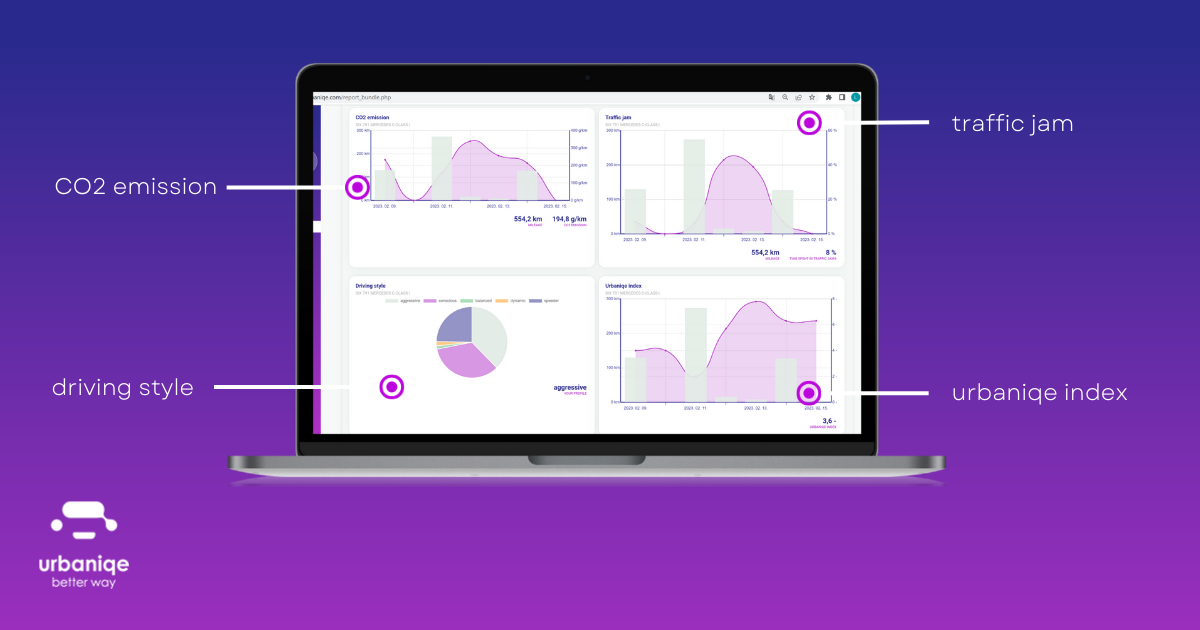Regardless of the occupation, many businesses have a vehicle fleet that is essential for their daily operations. However, coordinating the use of these vehicles is not just about administration; fleet management is a complex process that presents many challenges and tasks for professionals in this field. In this article, we will overview the most important tasks of fleet managers and provide a solution on how to overcome these challenges.
The operation of a vehicle fleet entails significant costs, such as fuel, maintenance, and repair expenses. Therefore, the fleet manager must strive to reduce costs without compromising business operations and service quality. One perfect way to optimize operating costs is through personalized training for drivers and encouraging fuel-efficient driving.
Fleet safety is crucial for the safety of drivers and passengers, as well as the condition of the vehicles. The fleet manager must pay attention to vehicle maintenance, the operation of safety equipment, and ensure driver safety training. Additionally, the fleet manager must know how to handle accidents and damage. Increasing fleet safety can be achieved through GPS tracking, recording and analyzing operational data, and evaluating driver performance.
The fleet manager needs to pay attention to the utilization and operating time of the vehicles as they affect business results and costs. To maximize fleet efficiency, the fleet manager must plan for scheduled maintenance and repairs of vehicles, as well as ensure effective communication with drivers and their navigation on appropriate routes. Scheduled maintenance and repairs promote optimal vehicle condition, while driver evaluations and feedback help with more efficient driving and optimal operating time.
Environmental protection and sustainability are increasingly important topics in fleet management. The fleet manager must pay attention to vehicle emissions and fuel consumption. Modern vehicles are increasingly environmentally friendly and energy-efficient, so fleet managers can reduce emissions and fuel consumption by introducing them to their vehicle fleet.

Driver training, GPS tracking, optimizing fleet usage, and paying attention to emissions require significant investment and additional human resources. That's why we created urbaniqe to fully manage fleet manager tasks with simpler administration: in addition to documenting fleet data, our app's intuitive assistant evaluates driver styles, making it easier for them to become more fuel-efficient. Our analysis helps create more cautious drivers, increasing safety in the company's fleet. To ensure proper vehicle usage, our application automatically documents fleet routes, including distance, driving time, speed, relative speed compared to traffic and the environment, and time spent at stops. The live or retrospective map we provide can be edited if necessary, making vehicle usage more manageable and efficient. Moreover, based on the received data, our AI collects telematics data from drivers' phones, allowing us to determine current fuel consumption and emissions with 95% accuracy. These reports help make the company's ecological footprint visible. The challenges of fleet management can be overcome with a mobile app.